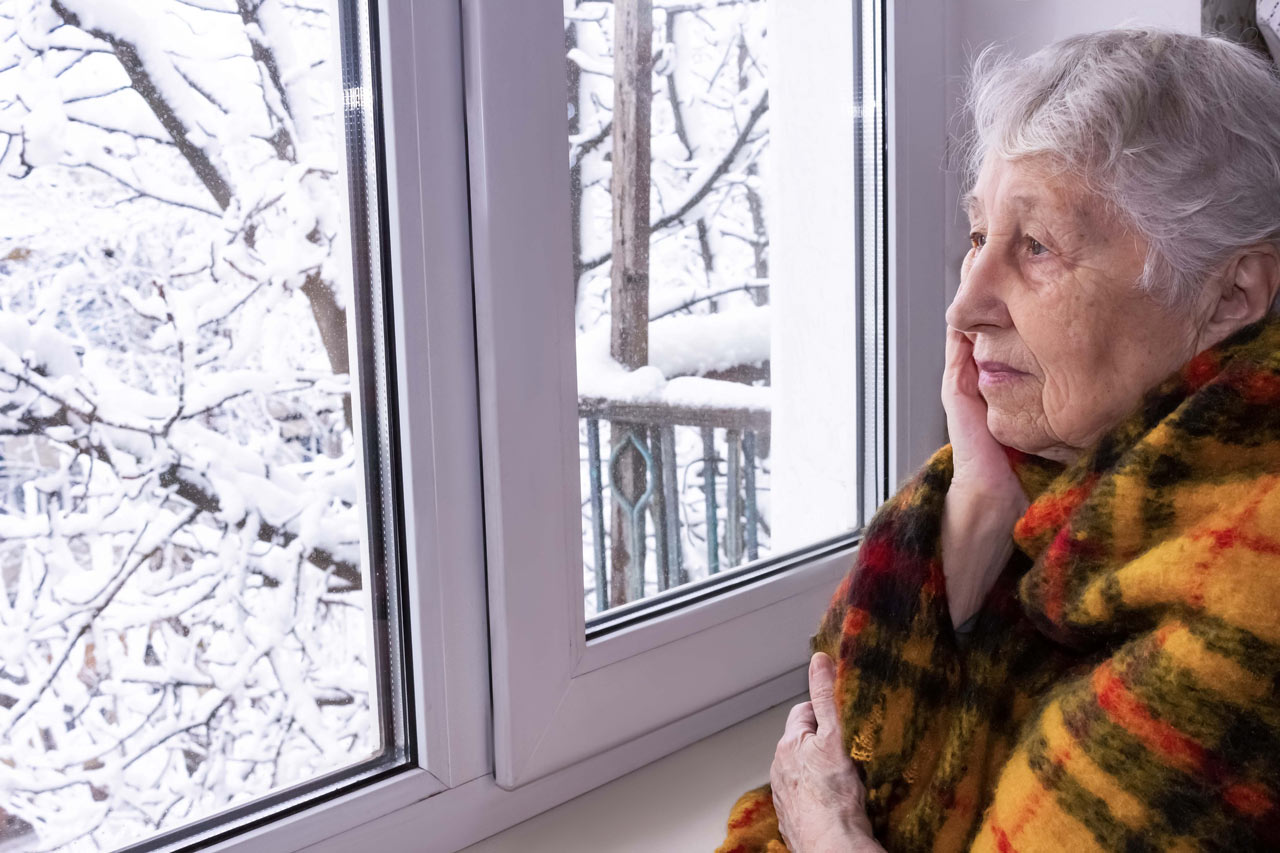Understanding and responding to a senior’s wandering is critical. It is a matter of safety for a person who may be disoriented, have Alzheimer’s, or be responding to medication in a dangerous manner. What is a child to do?
Wandering usually presents during the middle stage of dementia. A senior may have Parkinson’s related dementia, frontal lobe dementia, or the more than 150 kinds of dementia. Dementia-related behaviors, physical and cognitive changes, and use of language symptoms may vary. But wandering is a big red flag no matter the type of dementia or the actual age of the senior.
Wandering is life threatening. Safety locks should be installed that do not present a fire hazard. Install latches out of reach of the senior. Don’t forget the porch door and windows. Chimes on a door can be helpful because they will alert you, but they are useless if there is cross ventilation. If you are not sure what is safe to use, contact the community affairs department at your local precinct and ask for help. The fire department can also be helpful in guiding you how to protect your senior while at the same time maintaining fire exits for safety.
People wander for a reason. They may want to engage in an activity from a previous routine in their life such as going to pick up the grandchildren from school, going to work, going to their childhood home, or going to the senior center. A place where a person with dementia has good memories will draw a person to try to go there. Vacation homes and the good times spent there are a magnet for wanderers. It is therefore important for the caregiver to listen to what the senior is expressing.
Taking the individual where she wants to go out is smart if you can. Accompany her. Make sure there is a destination; don’t just wander the street. Go somewhere where there are family bathrooms or have someone with you to accompany the senior into the bathroom. It is advisable to keep one’s hands free so that you can grab the person if necessary. Getting rid of multiple bags and handbags is advisable; carry a backpack instead. If the individual is dressed in bright outerwear such as neon orange, she will be easier to find than if she is wearing blue, black, or brown. Another suggestion is getting into the habit of snapping a photo on your phone before you leave the house so a current image of what your mom looks will be available should she wander.
Experts suggest keeping to a routine is an excellent strategy for keeping the person occupied and giving her structure. However, 6-10 people living with dementia will wander at least once.
Understand the pattern of your senior’s wandering.
Kinds of Wanderers
- The exit seeker. Her goal is just to get out.
- Akathisia. This is restless and aimlessness that is uncontrollable due to the use of psychotropic medications taken by a person with chronic mental illness. The person cannot be still. Always be educated about side effects of medications and their interactive effects. Talk to the pharmacist when you order or pick up medication.
- The self-stimulator. This senior is board and is basing asking for something to do. Give the individual a task such as dusting, laundry, mail shredding, organizing cutlery, or folding laundry. You want mom to be physically active so she will be able to eat, sleep, and hydrate normally.
- The modular wanderer. Their is an individual who basically follows the person who is with them.
- Disoriented wanderers. Seniors may have experienced a change of environment or are unable to interpret the sights and sounds around them. A car may backfire, and a senior may think he is back in Vietnam or in a concentration camp. Be careful when you take a senior with middle stage dementia to your home for the holidays or to a vacation spot.
- The pain wandered. Pain or discomfort such as an ingrown toenail, constipation, or wax buildup in the ear may cause a senior to wander because she cannot interpret what she is feeling.
- The sundowner. Sundowning is disorientation at a particular time of the day, usually at night, when a senior becomes anxious regularly and may wander. Suggestions include keeping the senior awake without naps, keeping the lights on, and keeping a routine including exercise so that a regular schedule is maintained.
What should I do if my senior wanders? Here are some preventive measures.
- Do not leave her alone.
- Do not leave her sleeping alone in an apartment.
- Do not leave her alone when you go to do laundry in the basement.
- Let neighbors and community members know that the senior is a wanderer and give them your cell number. They will look out for her and let you know if she is wandering. Treat your senior with dignity and respect, however. Make sure you don’t tell a neighbor she has dementia in her presence.
- Always have a daily digital photo available on your cell phone as well as photos of the senior’s id with you.
- If the senior wanders, call 911 if she is missing for more than 5-7 minutes. Get help fast. It is a matter of safety.
This information is based on guidance from Elizabeth Santiago, Director of Wanderer’s Safety Program at CaringKind NYC.
Based on presentations of PSS Circle of Care
Other articles on home care, caregiving and CDPAP:
- How do be the Boss in your CDPAP
- How to talk to your Senior about Driving
- CDPAP, why a designated representative might be the answer
- What do I need to know about Guardianship for a Senior?
- How to assess a senior home cor safety: Age in Place Part 1
- I want CDPAP but I can’t find a PA
- The Afternoon of Life





